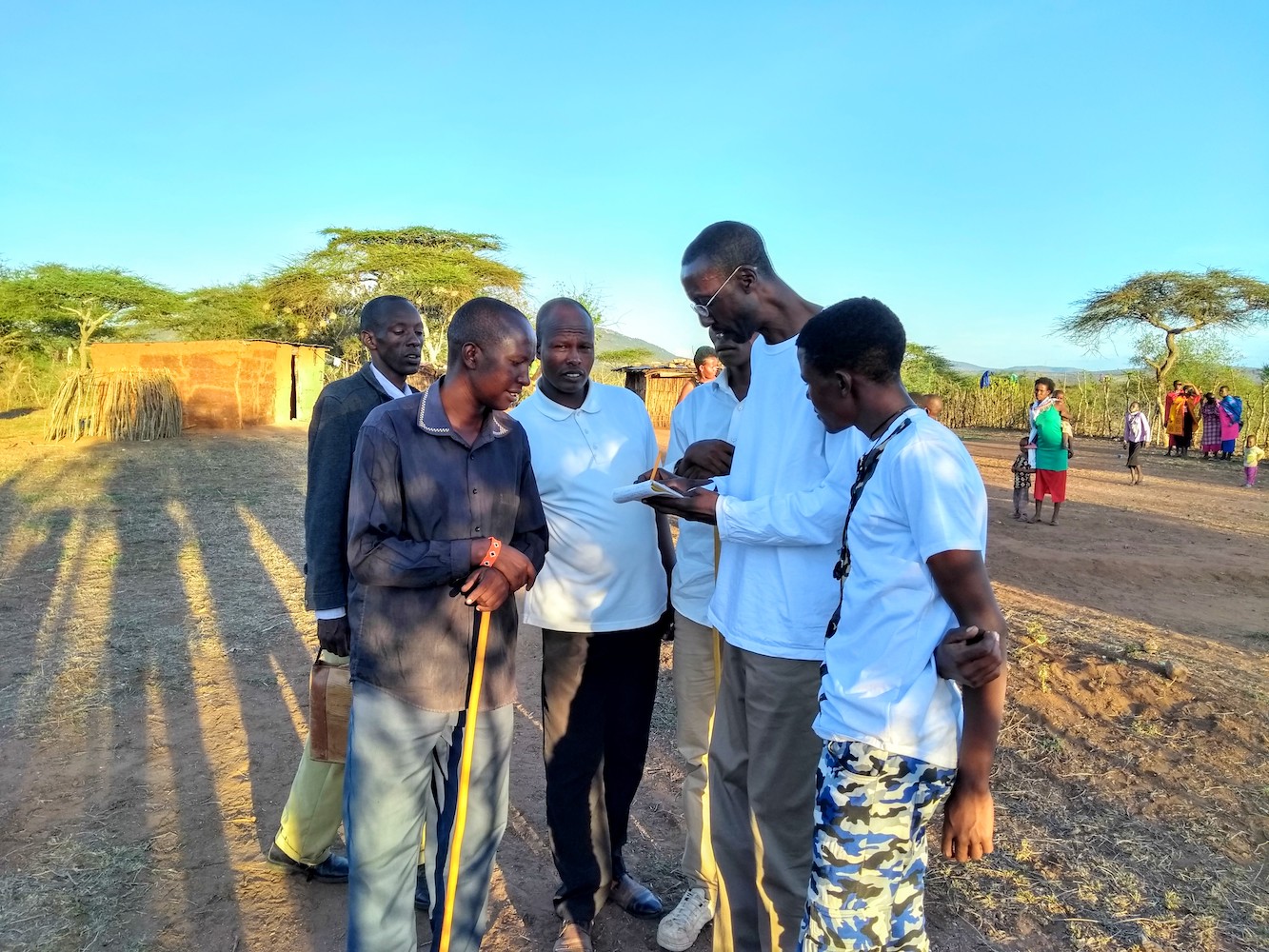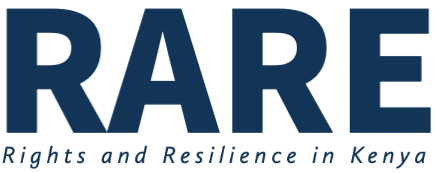About the project

Work packages
There is need to understand better the dynamics between pastoralists’ land rights and climate change adaptation in order to support and facilitate their resilience. This is not only significant for pastoralists themselves, but also for other land users with whom they interact, and for Kenya’s broader resilience and peaceful development. In the context of Kenya, this leads us to the following research questions and work packages: (1). How do land use- and mobility patterns change as pastoralists adapt, and what are the implications for their land needs? (2).How do conflicting land claims affect pastoralist adaptation strategies, and what are the statutory and non-statutory mechanisms for dealing with them? (3). How do land reforms, land rights, and devolution interact with pastoralist adaptation strategies? (4). How can international, national and local institutions best support pastoralists’ land access and deal with conflicting land claims related to climate change adaptation?
Objectives and Results
The development objective is to ensure secure and peaceful access to land for climate change adaptation and thereby the resilience of all Kenyan citizens. There are three immediate objectives:
Revised Kenyan policies and institutions in support of pastoralists’ land-based adaptation
Specifically in relation this objective, WP1 aims at insights that can help improve land use policies and land use planning, WP2 at preventing conflicting land claims from erupting into violence, WP3 at ensuring management of land rights in support of pastoralists and other land users’ adaptation; and WP4 at identifying innovative approaches to land rights and adaptation.
Increased capacity of the University of Nairobi (UoN) partner institutions
To deliver and disseminate high quality research, research based policy advice, and provide candidates for influential positions in public and private institutions across societal levels.
